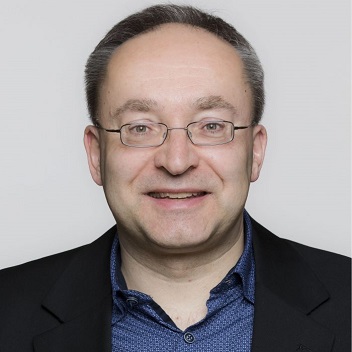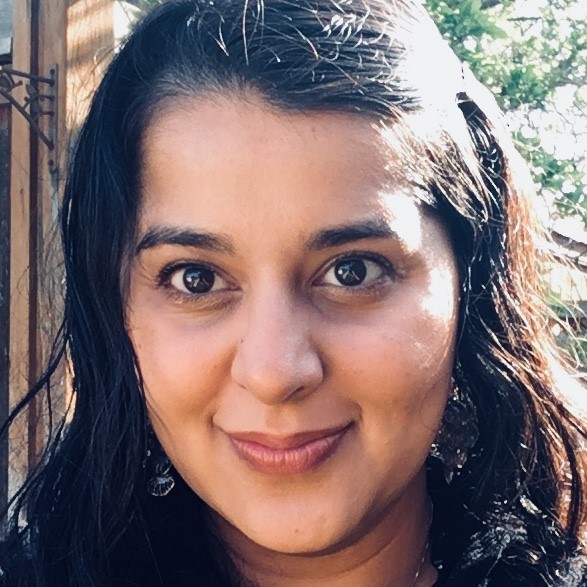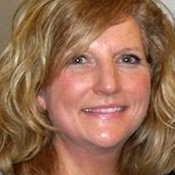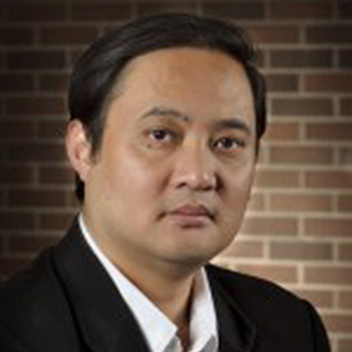A new Coalition of Support launched by York University’s School of Global Health (YSGH) will take steps to ensure that principles and practices of equity, diversity, inclusion and decolonization (EDID) are built into the core of the school’s vision and living culture.
The coalition is open to students, alumni, staff, faculty members and community partners, who will work together to advance the school’s efforts to promote an academic environment that is equitable, diverse and inclusive and is shaped by decolonizing principles.
The group’s inaugural meeting was held on March 2, with an initial discussion of principles and values, mission statement, and action areas to address with respect to EDID. The next Coalition of Support meeting is scheduled for Wednesday, May 4 from 1 to 2:30 p.m.
This work provides an example of how academic units within York are seeking to advance the University’s strategy contained in the Indigenous Framework, Framework to Address Anti-Black Racism, and the University Academic Plan 2020-2025, especially around United Nations’ Sustainable Development Goals (SDGs) 3, 4, 5 and 10.
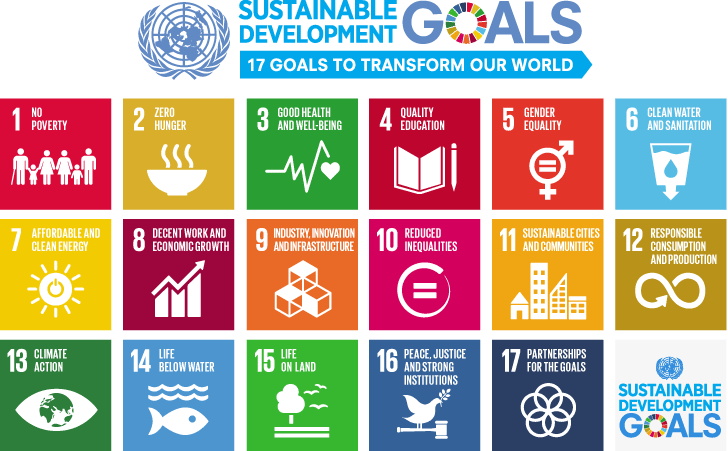
Bailey Miller, a master’s of public health (MPH) student from Brock University completing her practicum in YSGH, is supporting the school’s process to meaningfully incorporate EDID into all stages of the curriculum. The first step in decolonizing the global health curriculum requires the recognition of the historic and continuing impacts of colonialism, racism and other forms of oppression within and beyond academia.
“Through the various courses and research projects I have encountered throughout my MPH degree, I have acquired interdisciplinary knowledge to assess and recognize levels of inequities in populations,” says Miller. “Conducting qualitative analyses, such as the curriculum review process, truly highlights the importance of reflexivity in research and how to diminish racism and biases through engaging with the lived experience of vulnerable groups. These are a few of the key goals I hope to achieve during my time working as a part of the EDID Coalition at YSGH.”
A curriculum review of course syllabi and materials, consultation with course directors, and opportunities to further engage with EDID principles will be conducted and followed by recommendations to ultimately ensure that every course is “aware and responsive” of EDID principles.
The coalition has also undertaken a scoping review of EDID-relevant events, training, programs, initiatives, student services and resources offered by York, as well as other Canadian and select international universities. Leading this review is Yasmin Al Sahili, a global health specialized honours BA candidate and EDID research assistant in YSGH.
This review identified key supports, identified gaps and opportunities within the YSGH, and guided discussions by the EDID Coalition of Support to prioritize and operationalize action areas. Al Sahili also conducted a literature review to examine recommendations and perspectives in academic literature on topics of curriculum content, language and terminology, postcolonialism and health, solidarity rather than charity, and self-reflection on privileges and biases.
“Conducting the literature review on strategies and approaches for decolonizing global health curriculum has been very enlightening. Examining the historic colonial roots and persistent colonial ideologies and practices within the global health field emphasizes the urgent need to transform and decolonize the curriculum that forms the basis for the knowledge, attitudes and even practices of future global health professionals,” says Al Sahili.
“Through the literature review on EDID that I have been conducting throughout the past academic year, I came to realize that achieving health equity and promoting well-being cannot be fulfilled without decolonizing the ideologies and practices of the current generation of global health students. This realization is based on the belief that we cannot address health problems through colonial approaches that have contributed to the rise of these problems in the first place.”
A student-led, research-informed approach to reviewing EDID issues, supports and opportunities also highlight how YSGH has sought to embed experiential education and research opportunities for its students outside of conventional courses.
The York University School of Global Health was launched in 2020, during the COVID-19 pandemic. Learn more about the school.
Register to be a part of the EDID Coalition of Support; learn more about the group on the YSGH EDID website.




